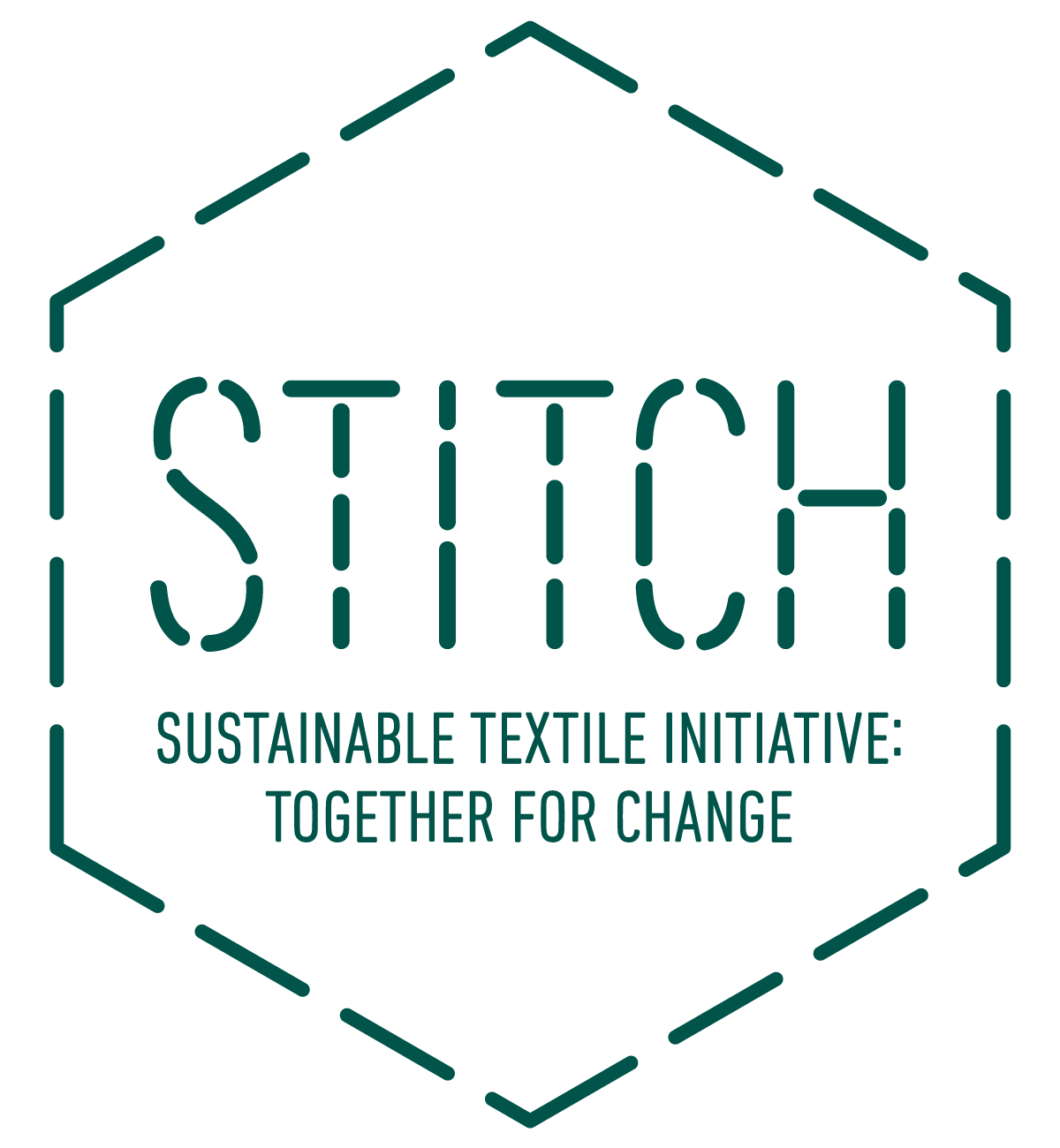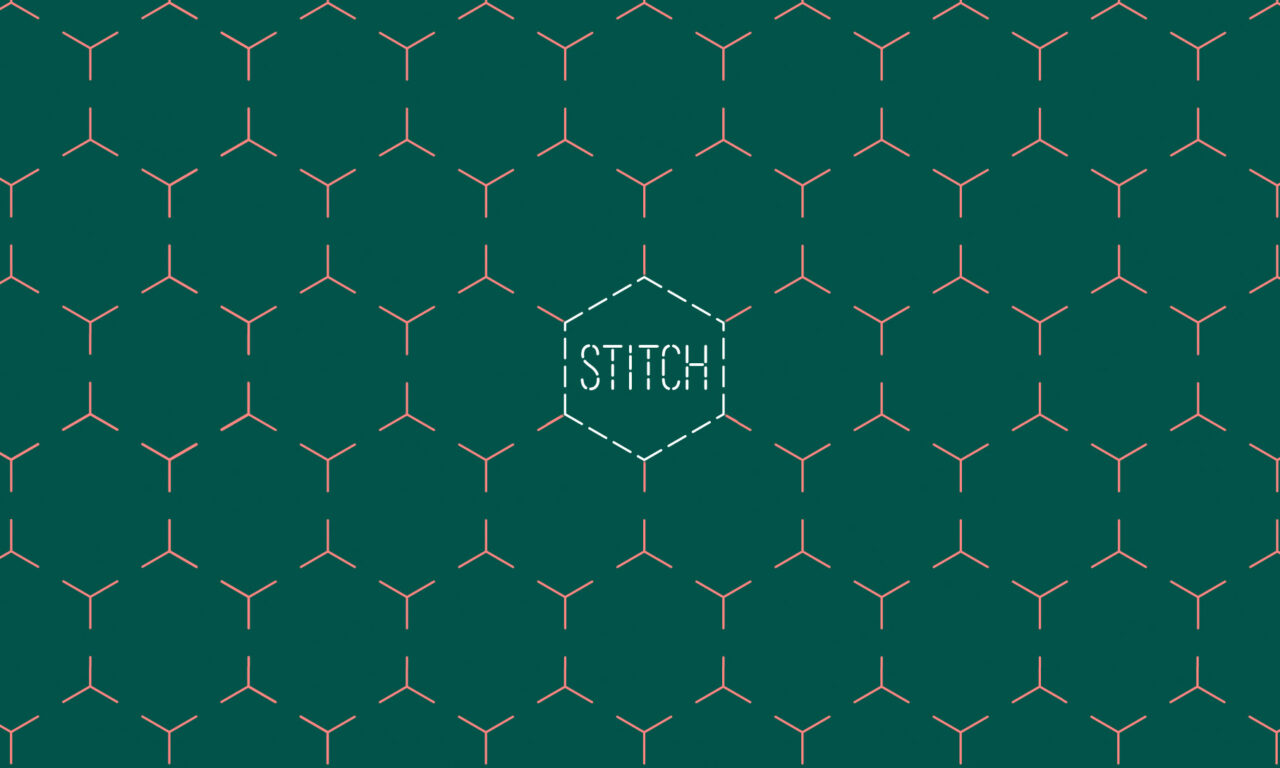
Cividep is part of the Sustainable Textile Initiative: Together for Change (STITCH) consortium. STITCH aims to improve working conditions in global garment industry.
What is STITCH?
STITCH is active in garment-producing countries across Asia, including Bangladesh, Cambodia, India, Indonesia, Myanmar, and Vietnam, and plans to develop a regional approach for the Middle East and North Africa (MENA) region. STITCH consortium has 6 partners:
- 2 labour rights organisations: CDI in Vietnam and Cividep in India
- 2 Dutch unions: CNV Internationaal and Mondiaal FNV
- 2 multi stakeholder initiatives: Ethical Trading Initiative, UK & Fair Wear, The Netherlands
The Dutch Ministry of Foreign Affairs provides financial support and is a strategic partner.
The partners aspire to an industry where garment workers can exercise their right to freedom of association, and access safe and properly paid work. STITCH envisages workplaces where workers, of which 75% are women, feel free to speak out, collectivise, and bargain for better working conditions. We will amplify workers’ voices and drive change by bringing together national and international supply chain stakeholders.
By strengthening collectives, we can enhance workers’ influence in the value chain. By influencing brands – the most powerful players in the value chain – we can help workers secure a seat at the negotiation table. By improving brands’ purchasing practices, we can help create better working conditions. By influencing market country governments and strengthening the international regulatory frameworks for human and workers’ rights, we can build an ecosystem that supports it all.
How does STITCH operate?
The global textile and garment industry is one of the world’s largest and most significant. With a vast and complex sphere of influence, the industry — especially brands’ business practices and the extent of government regulation around them — plays a key role in determining working and living conditions for people around the globe.
Our Goals To Redefine The Industry:
- A production chain in which textile workers, mainly women, can shape their employment conditions
- Successful collective bargaining happens at the factory, national and sectoral levels
- Gender equality, living wages, fair prices, decent work become the standard
As the human and environmental imperatives to increase automation, reduce carbon footprints, and improve the quality of working conditions grow, STITCH will work across the garment value chain to enable the shift.
Between us, we have access to all the key stakeholders and actors, from trade unions and labour rights organisations, to suppliers, employers’ associations, brands and local governments. Drawing from our partners’ demonstrated track record in creating better labour conditions, we will influence attitudes, awareness levels, and behaviour to drive meaningful change.
We collectively stand up for better working conditions and adherence to labour rights by:
-
-
- Capacitating suppliers to improve social dialogue with workers and governments and sourcing dialogue with brands
- Working with local unions and labour rights organisations on collective bargaining to influence higher wages, gender issues and decent work
- Engaging with brands towards responsible business, leveraging their crucial role in making the industry more ethical and sustainable
- Advocating for a legislative framework that creates higher levels of accountability for companies sourcing in production countries
- Lobbying, campaigning, and convening to influence the regulatory framework (the ‘smart mix’) being developed at EU and national levels to include workers’ voices, freedom of association, a gender lens and purchasing practices as part of widely supported and implemented human rights due diligence by companies.
-

